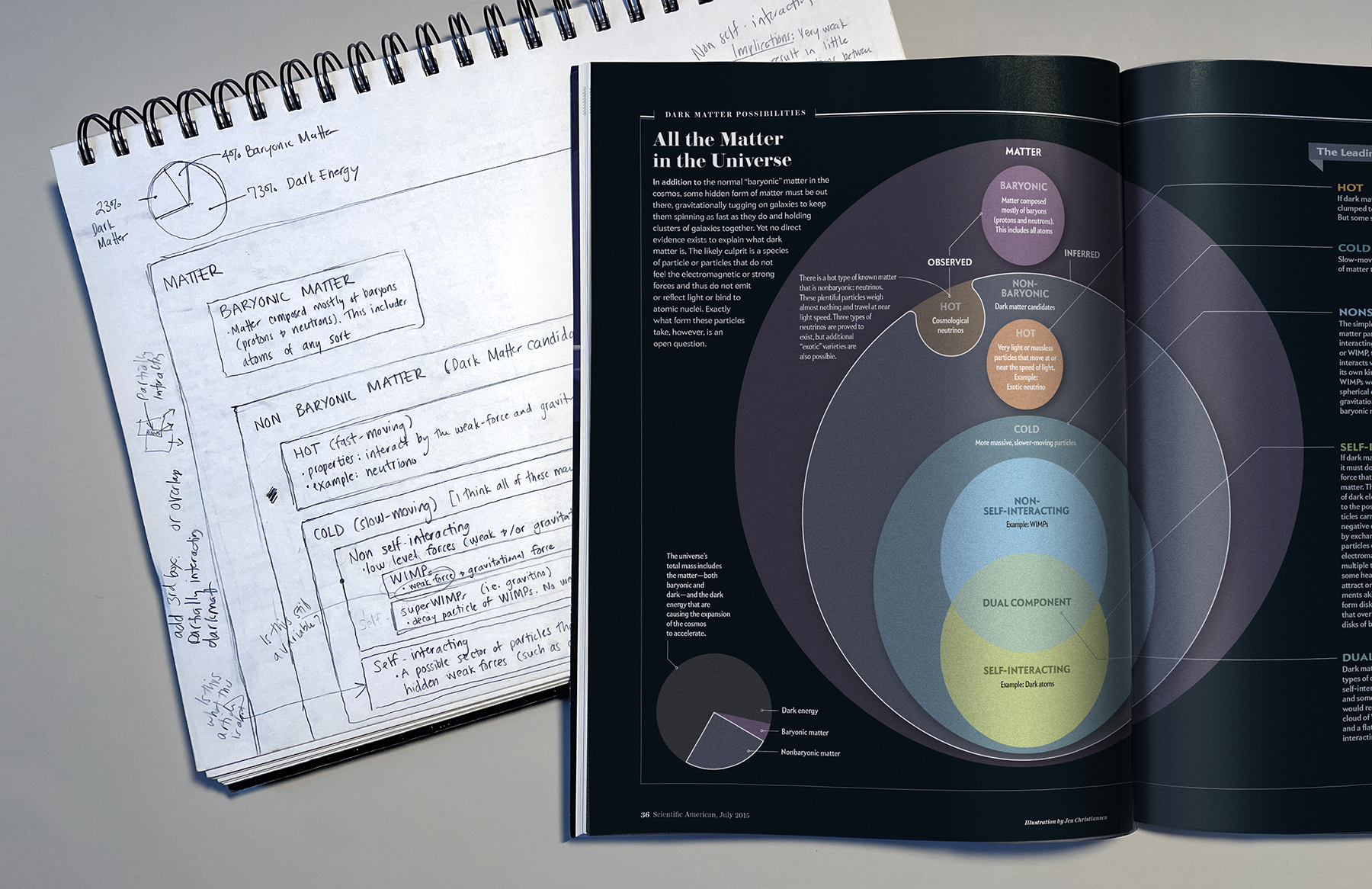
# Open Science Essentials in 2 Minutes: Part 4 – Preprints and Enhancing Research Accessibility
In the progression of promoting open science, preprints act as a crucial resource that empowers researchers to present their discoveries to the global audience prior to formal journal publication. Here’s a brief overview of the significance of preprints and how you can leverage them efficiently to share your work.
## **What Are Preprints and Why Should You Be Sharing Them?**
Preprints represent preliminary versions of research papers that researchers release freely on the internet before they undergo peer review and get published in journals. Instead of locking your findings behind a paywall, preprints enable instant and open access to your research. You can share them on personal websites, but specialized preprint servers like [PsyArXiv](http://psyarxiv.com/) are tailored for researchers to upload and access these papers. Preprints have a long-standing presence in physics and are now increasingly being utilized across various fields, including psychology, biology, and social sciences.
Preprint servers, many of which receive support from initiatives like the [Open Science Framework (OSF)](https://mindhacks.com/2017/11/09/open-science-essentials-the-open-science-framework/), guarantee the enduring accessibility of your work and provide centralized spaces for others to discover, read, and cite your research easily.
### **Benefits of Preprints**:
1. **Fast Dissemination**: Share your results months or years ahead of journal publication.
2. **Enhanced Visibility**: Immediate access often leads to more readership and citations.
3. **Community Feedback**: Others can provide insights and help identify errors prior to formal release.
4. **Establishing Citation Records**: Indexing services like Google Scholar incorporate preprint citations with later journal publications, augmenting your academic presence.
—
## **What Occurs After Publication?**
Publishing in a journal doesn’t render the preprint irrelevant—it stays available for free, ensuring perpetual accessibility. When you upload a version of your accepted manuscript, known as a *postprint,* it provides all information minus the journal’s typesetting. Since journals typically possess the formatted version, researchers should upload a plain-text variant to adhere to copyright policies.
—
## **Addressing Common Concerns**:
### **1. Will Journals Reject Articles with Preprints?**
Most journals, as stated in the [SHERPA/RoMEO database](http://www.sherpa.ac.uk/romeo/index.php), permit or encourage the use of preprints. Although a small number of journals do not allow them, this is becoming increasingly rare. Always verify the journal’s preprint guidelines before submission.
### **2. Am I at Risk of Getting Scooped?**
Preprints serve as a timestamp, functioning as a public record to validate the priority of your research. If timely recognition of your study is vital, posting a preprint can shield against others releasing similar studies ahead of yours. However, for sensitive or highly competitive work, you may choose to wait for formal publication.
—
## **Best Practice: When and How to Utilize Preprints**
The optimal moment to upload a preprint is **when submitting your manuscript** to a journal. If your paper requires revisions or resubmission, you can post updated preprints to showcase the latest versions. After your paper’s acceptance, share a *postprint* to further enhance accessibility.
—
## **Do Preprints Risk Conveying Low-Quality Research?**
While preprints indeed lack peer review, the integrity of researchers’ reputations is largely tied to the caliber of their work. It is essential to ensure that your preprints are thorough and well-prepared to uphold credibility.
—
### **Concluding Thoughts**
Preprints reflect the principles of open science: transparency, accessibility, and collaboration. Whether you are an early career researcher seeking visibility or an established academic working for the greater good, making your work freely available not only advances your career but also benefits the broader research community.
For additional insights on open science, delve into related topics like [Pre-registration](https://mindhacks.com/2017/11/09/open-science-essentials-pre-registration/), the [Open Science Framework](https://mindhacks.com/2017/11/09/open-science-essentials-the-open-science-framework/), and [Reproducibility](https://mindhacks.com/2018/01/02/open-science-essentials-reproducibility/).
Stay inquisitive, stay open!